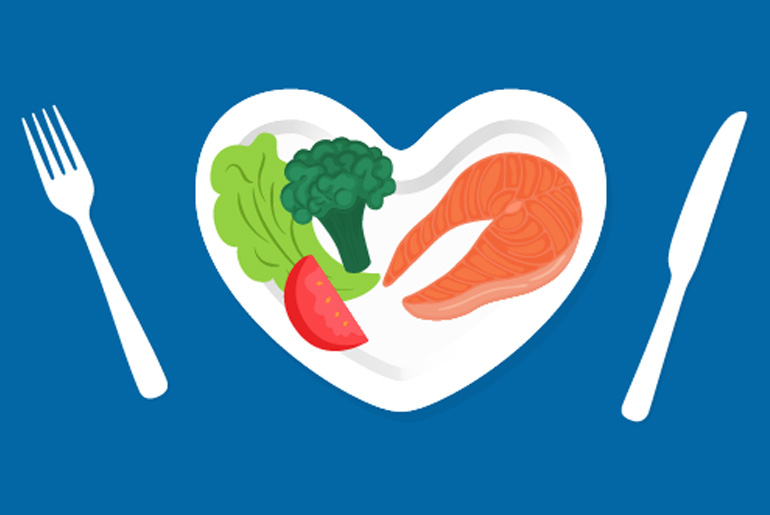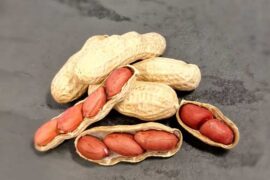Achieving academic success involves a synergistic approach that combines proper nutrition and effective study habits. Maintaining a balanced diet with a focus on fruits, vegetables, whole grains, and lean proteins provides essential nutrients crucial for cognitive function and sustained energy. Regular, well-planned meals, including brain-boosting foods like omega-3-rich sources and antioxidants, support optimal brain health. Establishing a dedicated study environment, incorporating active learning techniques, taking regular breaks, and ensuring quality sleep contribute to effective study habits.
Additionally, integrating physical activity into the routine enhances cognitive function and reduces stress. The combination of nourishing the body with wholesome foods and adopting strategic study practices creates a holistic approach to academic achievement and overall well-being.
Maintaining proper nutrition and adopting effective study habits are crucial for students to optimize their learning and academic performance. Here are essential tips for students on proper nutrition and effective practice papers:
Proper Nutrition:
- Balanced Meals: Ensure your meals include a balance of carbohydrates, proteins, healthy fats, vitamins, and minerals. This balance provides sustained energy and supports cognitive function.
- Regular Meals and Snacks: Eat regular, small meals and snacks throughout the day to maintain steady energy levels. Avoid long periods without eating to prevent energy crashes.
- Hydration: Stay well-hydrated by drinking enough water throughout the day. Dehydration can negatively impact concentration and cognitive function.
- Brain-Boosting Foods: Include foods rich in omega-3 fatty acids (found in fish, walnuts, and flaxseeds), antioxidants (fruits and vegetables), and whole grains for optimal brain function.
- Limit Sugar and Processed Foods: Minimize the intake of sugary snacks and processed foods, as they can lead to energy spikes followed by crashes, affecting focus and concentration.
- Mindful Eating: Take the time to eat mindfully. Avoid distractions such as phones or television and savor your meals to enhance digestion and satisfaction.
Effective Practice Papers:
- Create a Study Schedule: Develop a realistic and structured study schedule that includes dedicated time for practice papers. Consistency is key for effective learning.
- Prioritize Weak Areas: Identify your weaker subjects or topics and prioritize them in your practice sessions. Focus on improving in areas where you need the most help.
- Simulate Exam Conditions: Practice under exam-like conditions, including time constraints and a quiet environment. This helps build familiarity with exam settings and reduces anxiety.
- Review Mistakes: After completing practice papers, thoroughly review your mistakes. Understand the concepts behind the errors and work on improving in those areas.
- Seek Feedback: If possible, seek feedback from teachers, tutors, or peers on your practice papers. Constructive feedback can provide valuable insights for improvement.
- Use Various Resources: Utilize a variety of study materials, textbooks, online resources, and sample papers to expose yourself to different types of questions and broaden your understanding of the topics.
- Take Breaks: Break down your study sessions into manageable chunks with breaks in between. Short breaks can help maintain focus and prevent burnout.
- Stay Positive and Manage Stress: Maintain a positive mindset,and manage stress through relaxation techniques such as deep breathing or mindfulness. A balanced lifestyle contributes to effective learning.
- Active Learning Techniques: Engage in active learning methods, such as summarizing information in your own words, teaching concepts to others, and creating mind maps.
- Sleep Well: Prioritize adequate sleep, as it is crucial for memory consolidation and overall cognitive function. Aim for 7-9 hours of quality sleep per night.
Combining proper nutrition with effective study habits creates a holistic approach to academic success. Tailor these tips to your individual preferences and needs, and don’t hesitate to seek guidance from educators or professionals if you face challenges.
Disclaimer:
The information contained in this article is for educational and informational purposes only and is not intended as a health advice. We would ask you to consult a qualified professional or medical expert to gain additional knowledge before you choose to consume any product or perform any exercise.







